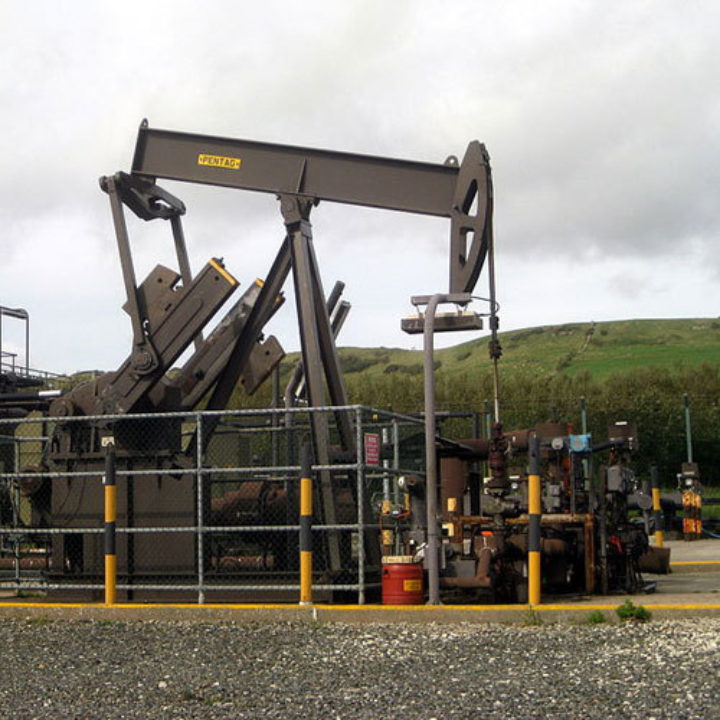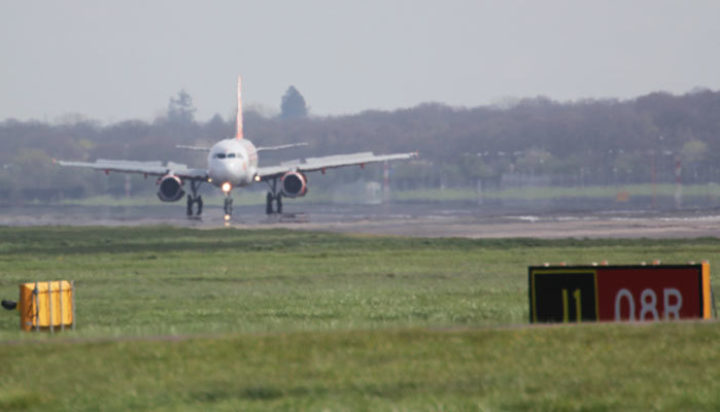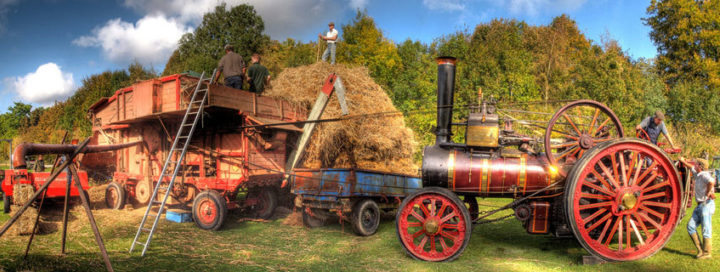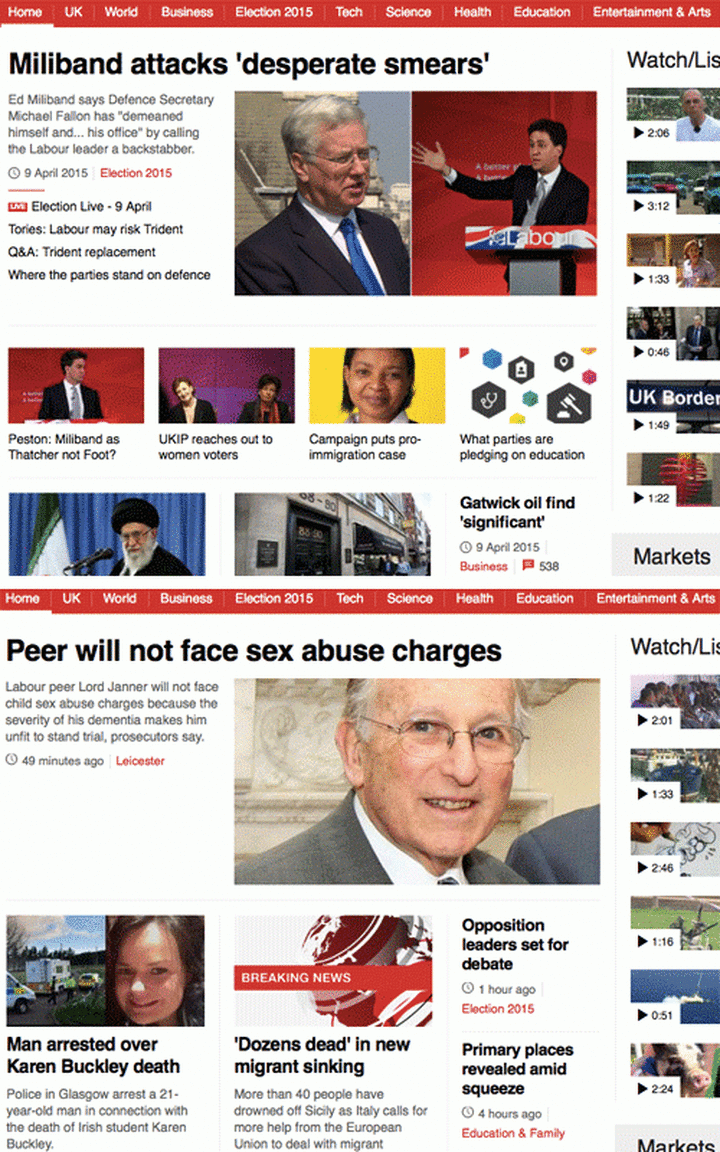Slick oil story evokes pixie dust memories
Gatwick 'oil find' shows why quality of data matters in journalism
By Richard Black
Share
Last updated:
By Richard Black, ECIU Director

I took a few days off recently, and what should I come back to but news of a major new oil resource discovered in, of all places, the Weald of Kent and Sussex?
‘Based on what we've found here, we're looking at between 50 and 100 billion barrels of oil in place in the ground,’ Stephen Sanderson, chief executive of UK Oil and Gas Investments plc, told the BBC’s industry correspondent John Moylan.

Over on BBC Breakfast, Mr Sanderson’s colleague David Lenigas was in similarly ebullient mood.
‘We’ve discovered 158 million barrels per square mile [on our site],’ he told presenter Louise Minchin.
‘At the moment we’ve got 55 square miles in the Weald Basin; but the Weald Basin is vast – 1,100 square miles – and it really is now turning into potentially a strategic asset for the UK… we’re talking multiple multiple billions of barrels.’
In both cases, the BBC account pointed out that only a proportion of the oil could be extracted – perhaps 5-15% or so.
Even so, 5-15% of 50-100 billion barrels is a lot of oil. The upper end of the range would be a third as much as the UK’s entire North Sea industry has produced during its lifetime.
More gas than oil
Unfortunately for UKOG – and for BBC News, whose sole USP is trust – aspects of the story soon turned out to be more gas than oil.
As the Daily Telegraph’s redoubtable energy editor Emily Gosden tweeted shortly after the story broke: ‘A company that estimates there *could* be 158m barrels of oil/sq mile after drilling 1 well has not 'found' 100bn barrels. Just to be clear.’

The Times’ Alistair Osborne was even more scathing, in an article that began by calling the Gatwick claim a ‘muppet show’ and ended by suggesting that Mr Lenigas’ statement had more to do with escalating the value of his own investment in UKOG than relaying to the good burghers of Sussex the glad tidings of a ‘UK strategic asset’ beneath their feet.
When respected journalists in newspapers such as the Times and Telegraph that are not exactly known for their distaste towards fossil fuels raise such issues, it's time to start raising eyebrows too.
And just under a week later, the FT and others reported that UKOG had been forced to issue a statement clarifying what it could and couldn’t claim.
Firstly, it clarified that the oil it had identified ‘should not be considered as either contingent or prospective resources or reserves’.
Secondly, it specified that ‘the Company has not undertaken work outside of its licence areas sufficient to comment on the possible OIP [oil in place] in either the approximate 1,100 square miles or the whole of the Weald Basin’.
In other words: UKOG hasn’t enough evidence to show that the any of the oil it claims to have found is viably extractable, and has no solid evidence at all of anything looking like a ‘strategic asset’.

For any journalist who’s been around the block a few times, this story fits into a familiar and by now more than slightly tedious pattern of oversell followed by retrenchment. Here are a few that I recall:
- In the year 2000, BBC News reported that genetically modified salmon could be approved for sale within a year, based on an interview with the boss of the company developing it. Thirteen years later, things had moved on so quickly that another BBC journalist was able to – erm – write the same story.
- At the opening of the UNAIDS conference in 2002, the BBC had as its lead story that an AIDS vaccine would be available within three years – based on an interview with the head of a company developing an AIDS vaccine. Thirteen years on, an effective AIDS vaccine is still absent.
- In 2008, the BBC reported that a man had re-grown his fingertip using a powder variously described as ‘pixie dust’ or ‘extra-cellular matrix’, developed by his brother. Within 10 years, we were told, this would lead to ways of re-growing bones and surrounding tissue. When I last checked, the pixies were still working on it.
Follow the money
In reporting science, quality of data matters.
In medicine, there is a hierarchy of evidence that goes from a big randomised, double-blind Phase Three trial at the high end down to some bloke saying something about pixie dust at the other.

It's not quite as clear-cut in other areas, but the same principle should hold true.
It may turn out that there is enough oil in the Weald of Kent and Sussex to merit the description ‘strategic asset’. But one well isn’t enough evidence to make it so.
The British Geological Survey, in assessing that the total resource there probably amounted to around 4.4 billion barrels, relied on evidence from 246 wells plus extensive seismic mapping.
That doesn't mean its number will turn out to be correct - but does elevate its credibility somewhat.
As a reporter covering these issues, you have to understand the importance of quality of evidence. You also have to challenge interviewees about their evidence when they make sweeping claims – that’s just good broadcast journalism.
By now, this should certainly be routine at the BBC, which established a training scheme for producers, reporters and presenters on stories with a science ingredient in the wake of the BBC Trust review of accuracy and impartiality in science coverage four years ago.
What all these stories I’ve referenced have in common is that they’re reporting extravagant claims made by someone with a personal financial interest in the story.
Which should always, as the examples above indicate, raise a little red flag of caution.
Because there is a viable model for small businesses – seen in the dot.com, biotech and (increasingly) energy sectors – wherein you survive, even thrive, for years with a product portfolio consisting simply of periodic puffs of hype that keep investors interested.
So if you’re the kind of journalist who cares about getting it right and don't want to see your story wilt under scrutiny; when you find yourself in one of these situations, might you not sometimes be better off taking the long view – foregoing your front page opportunity until you’ve something more convincing than an intact finger, a giant fish or a report from a single well in the Weald?
Share